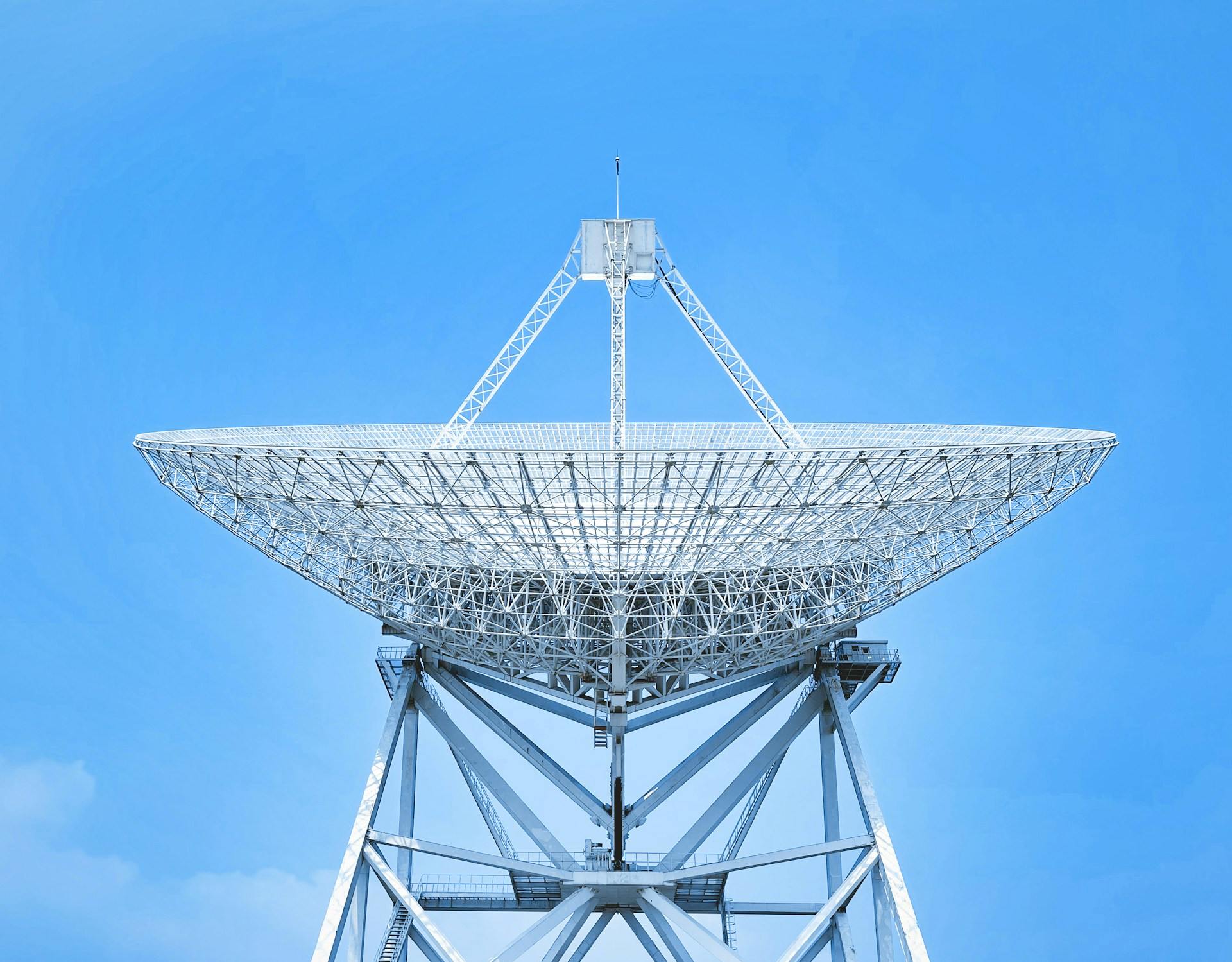Amazon is set to take a major step in its satellite internet ambitions with the launch of its first full-scale Kuiper satellites on April 9. The mission, codenamed KA-01, will deploy 27 satellites aboard a United Launch Alliance (ULA) Atlas V rocket from Cape Canaveral Space Force Station in Florida. This marks the beginning of large-scale satellite deployments for Project Kuiper, Amazon’s answer to rival offerings like SpaceX’s Starlink.
The satellites will be positioned in low Earth orbit (LEO) at an altitude of around 450 kilometers. This launch follows two successful prototype deployments last year and is the first of many planned missions aimed at building a constellation of over 3,200 satellites. Amazon has already secured more than 80 launches to complete the full deployment.
Project Kuiper is designed to deliver high-speed, low-latency internet access globally, with a particular focus on underserved and remote regions. Amazon plans to begin service to select customers later this year, as more satellites come online and the network gains coverage and capacity. Rajeev Badyal, vice president of Project Kuiper, stated that the system’s modular satellite design allows each launch to incrementally enhance the network’s performance.
With this effort, Amazon is entering a space currently dominated by SpaceX’s Starlink, which already has thousands of satellites in orbit and millions of users worldwide. However, Kuiper aims to differentiate itself with Amazon’s scale, logistics infrastructure, and integration with its cloud and retail ecosystems. Analysts expect increased competition to drive both innovation and broader global internet access.
In India, Amazon is awaiting regulatory approval to offer Kuiper-based services. The company has expressed interest in extending its satellite internet offering to the region, aligning with India’s push for digital inclusion in rural and underserved communities.
As Project Kuiper progresses, it represents more than just a business expansion for Amazon—it signals a new phase in the global race to deliver fast, reliable internet from space. With the April 9 launch, Amazon moves closer to transforming global connectivity through its next-generation satellite infrastructure.


